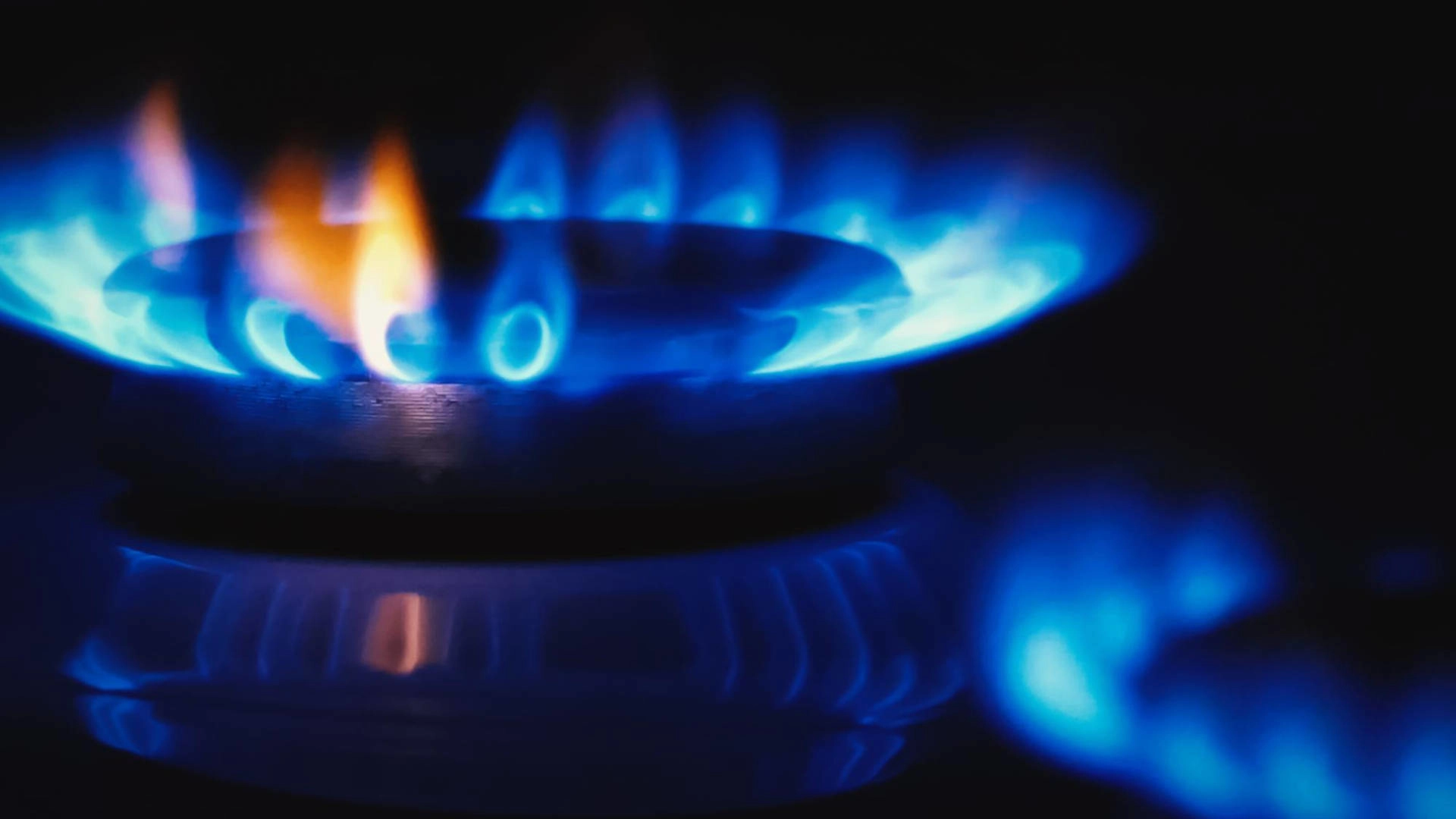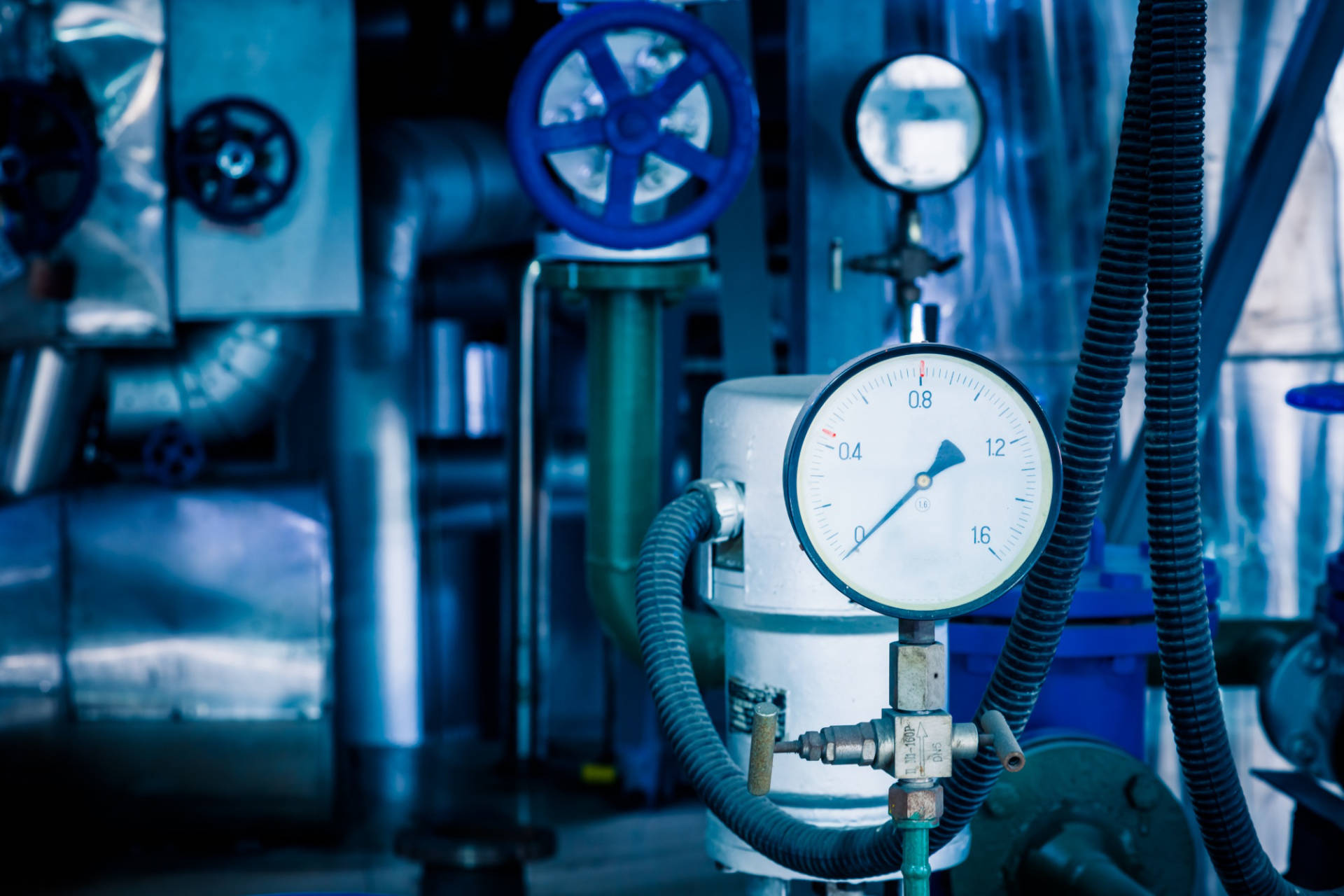
Essential natural gas safety tips
Discover natural gas safety tips for a secure environment. Empower yourself with the knowledge to safeguard against potential hazards.
Natural gas, being the most environmentally friendly fossil fuel, supplies approximately a quarter of energy in the European Union. It serves as a reliable and safe energy source for businesses, industries, and households alike. To mitigate potential hazards, it is essential to adhere to specific preventive measures. In this article, we outline the most crucial natural gas safety tips.
Is natural gas dangerous?
A commonly raised question regarding natural gas is its safety. To delve deeper into this, let's examine various safety aspects.
Accident risks
Natural gas, when utilized appropriately, offers exceptional safety and efficiency. However, as a flammable substance, it may instigate fires or explosions upon leakage. With preventive measures, accidents can be easily avoided.
Ecological impact
As the greenest available fossil fuel, natural gas outperforms most of the alternative non-renewable energy sources. It can also contribute to the transition to other renewable energy sources.
Health impact
Correct usage of natural gas does not jeopardize health. However, when fossil gas leaks in enclosed spaces, it can reduce the oxygen concentration in the air. This may lead to hypoxia - a potential medical condition. Prioritizing safety measures for natural gas allows you to minimize leak risks.
Natural gas safety tips
The following natural gas safety tips will help you minimize the risk of accidents. Share them with others to maximize safety.
Natural gas safety tips:
- Look for potential signs of natural gas leaks, including
- the smell of rotten eggs,
- a hissing sound,
- dying plants,
- abnormally high gas usage,
- and physical symptoms of gas poisoning.
- If you detect any signs of a natural gas leak, evacuate the building as soon as possible.
- After leaving the building, call the local fire department and seek professional help.
- If you detect potential natural gas leaks, avoid
- staying in the building,
- using open fire,
- trying to find the source of the leak without professional help,
- smoking,
- or using electrical devices.
- Install carbon monoxide detectors on every level of the building! It may be necessary to use multiple devices in case of larger spaces.
- Regularly examine gas appliances and check if they have steady blue flames. If you detect orange and yellow flames, it may be a sign of a technical issue, and technicians should be contacted for further examination.
- Do not use a gas oven as a space heater!
- Under no circumstances should you try to repair or fix gas appliances on your own. Only professionals are allowed to fix gas appliances.
- Do not forget to turn off natural gas space heaters when the building is empty!
- Do not use damaged gas appliances! Even water damage can lead to malfunction.
By following these natural gas safety tips, you can drastically reduce the risk of any leaks and accidents. To maximize safety, be sure to share these tips with others.

FAQ
Is natural gas dangerous to breathe?
While brief contact with natural gas might not immediately endanger you, avoiding prolonged exposure is crucial. The burning of fossil fuels releases nitrogen oxide, carbon monoxide, and methane. These substances can result in detrimental health effects. Employ the above-provided safety tips to mitigate potential risks.
What function does a natural gas safety valve serve?
A natural gas safety valve prevents the potentially explosive buildup of hazardous pressure within a vessel or pipeline.
Why is prioritizing liquid natural gas safety crucial?
For over half a century, trucks and ships have transported liquefied natural gas (LNG) with exceptional safety. The industry's commitment to strict standards actively reduces the likelihood of accidents. LNG is typically stored at low pressure – a practice that significantly reduces incident likelihood.
Conclusion
Natural gas, with its exceptional safety record, power efficiency, and reliability, plays a critical role in powering our world. Following natural safety tips ensures your safety and those around you.
